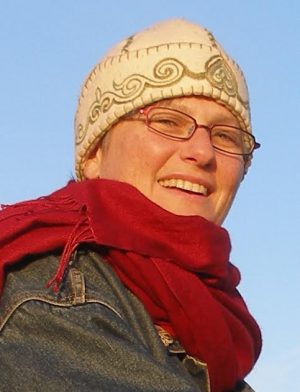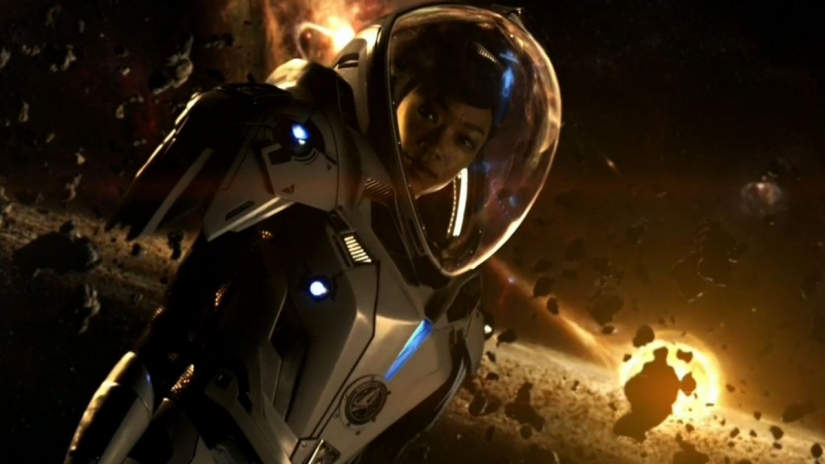The Intersection: IT

I’m a Stephen King fan. He’s not perfect. No writer is. To this day, I still love his work. Anyway, I read IT ages ago, and the book gave me nightmares. My experience with the book was mostly positive. Mostly. One of the things that I like about King is that his characters often choose to be their better selves under dire circumstances. Also, in The Stephen King-verse, violence isn’t always the answer. I adore that. Of course, this philosophy complicates the task of writing a satisfying ending. Audiences want to see the Big Bad™ roughed up. This is why employing “Love defeats Hate” isn’t a simple or easy way to write a story. And this is why the end of IT…stumbles. To make matters worse, the novel suffers from one of the worst tropes when it comes to female characters: the “Woman equals Love” trope, even the children’s part of the story. The newest movie has similar issues, but at least it didn’t involve raping an eleven/twelve year old girl. I do like the novel—just not that part of it. Which is why I was relieved it wasn’t in this movie. (Thank the gods.)
The Intersection: Let's Talk Double Standards

These days there’s a great deal of discussion about what Diversity means (hint: it doesn’t mean cultural appropriation), why we should or shouldn’t have it, and who is permitted to engage in it. This is, despite the contention and disruption in the community, a very good thing. Change doesn’t happen unless we actively engage it—particularly when the problem in question (systemic bias) is complex and multi-layered. Let me emphasize this again: the issue of diversity in Science Fiction and Fantasy is a complex one. In my experience, it requires extensive self-awareness, a willingness to endure uncomfortable situations and discussions without defensiveness, the ability to understand that a larger, implied context is a factor in communication, and a great deal of humility. Systemic oppression isn’t an easy problem to resolve. Humanity has been struggling with it since the first human being grabbed leadership of a group and declared another group the enemy. If it were as simple as say, one group “getting over it” or “waiting until the old people die off, carrying their offensive beliefs with them,” it would’ve been resolved generations ago.
Signal Boost #11: Tanya DePass (#INeedDiverseGames/From the Margins) and Hope Nicholson (The Spectacular Sisterhood of Superwomen/Love Beyond Body, Space, & Time)

http://media.blubrry.com/skiffyandfanty/dts.podtrac.com/redirect.mp3/archive.org/download/SandFSignalBoost11TanyaDePassAndHopeNicholson/Sandf–SignalBoost11–TanyaDepassAndHopeNicholson.mp3Podcast: Play in new window | DownloadSubscribe: Apple Podcasts | Spotify | Android | iHeartRadio | Podchaser | Podcast Index | Email | TuneIn | Deezer | RSSIn today’s episode of Signal Boost, Tanya DePass, founder and director of I Need Diverse Games, joins Jen to talk about the importance of diversity in games and the gaming industry, supporting diverse gamers, and the upcoming anthology, From the Margins, a collection of personal essays from marginalized individuals in the game industry (currently accepting submissions). Then Shaun is joined by Hope Nicholson, author of The Spectacular Sisterhood of Superwoman and editor of Love Beyond Body, Space, & Time: An Indigenous LGBT Sci-Fi Anthology, to talk about writing about comic book history from a woman’s perspective and the importance of promoting Indigenous voices through projects like her anthology. We hope you enjoy the episode! Note: If you have iTunes and like this show, please give us a review on our iTunes page, or feel free to email us with your thoughts about the show! Here’s the episode (show notes are below):
Guest Post: Growing up in Fandom in the 1970s, by LJ Cohen

I’m not sure if this still holds true today, but if you came of age in the 1970s, were a strong early reader who had read through all the books specifically written for children, and you were lucky enough to have a sympathetic librarian, you’d be directed to the science fiction and fantasy shelves. At least that’s my story. The Heinlein juveniles had been published a decade before I was born, but they were the first genre books I read. From there, I found all the Lensman books — written even earlier! I may have only been 10 or 11 when I read these, but even then I was frustrated by the insistence that only one special, fierce woman — to be born in some far future — could be a Lensman. Lenses were objects of power that amplified the qualities within a person. The message I got was that girls, as a rule, didn’t deserve power and couldn’t wield power. That I didn’t deserve power; that I was wasn’t good enough. It angered me that girls weren’t the ones leaping up to explore the stars. Asimov’s Robot books fascinated me, but the only woman portrayed in them — Susan Calvin — was more robotic than the robots.
Star Trek: Discovery and the Clueless

We’re getting a new Star Trek series!!! It’s called Star Trek: Discovery, and I’m excited for multiple reasons. We haven’t had a new Trek series in quite a while, and Michelle Yeoh is going to be a starship captain. I’m a big fan of Michelle Yeoh. She’s an amazing martial artist and an incredible actor. Sonequa Martin-Green (see below) will be her first officer. A Trek series piloted by women of color?!?! In addition, this will be one of the few SF properties wherein the women of color are not covered in makeup which hides their race. Also? A black woman with Vulcan training? (I can’t decide if she’s part Vulcan or a Federation ambassador’s kid or someone sent to Vulcan by the Federation to learn as much as possible.) That is wonderful. I can only imagine how affecting it is to see this kind of representation as a black woman who is also a Spock fan. (Hey, it only took a bunch of women pilots in the background of a Star Wars movie to bring me to tears.) Holy crap, I’m so proud to be a Trekkie at this moment, but I’m also disappointed.
The Intersection: Imagine

“This is called the theory of narrative causality and it means that a story, once started, takes a shape. It picks up all the vibrations of all the other workings of that story that have ever been. This is why history keeps on repeating all the time.” — Terry Pratchett “People think that stories are shaped by people. In fact, it’s the other way around.” ― Terry Pratchett When people ask me why I feel diversity is important in Science Fiction and Fantasy, I direct them to Terry Pratchett. He wrote a great deal about racism, sexism, and classism. He also knew a thing or two about people and story. Mainly, that story has a big effect on how people view the world and themselves.

